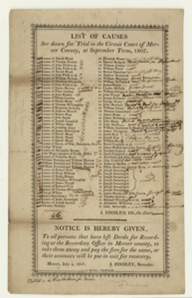If I was writing an opinion for the Connecticut Supreme Court in Kerrigan it would not be 172 pages as was the California Supreme Court’s landmark ruling.
It would be short and read something like this:
The Connecticut Constitution requires that: “All men when they form a social compact, are equal in rights; and no man or set of men are entitled to exclusive public emoluments or privileges from the community.”
The use of the word marriage is a privilege afforded by the legislature.
Connecticut’s Constitution requires that homosexual citizens be treated the same as heterosexual citizens.
Our history defines marriage as normative. Therefore the creation of the separate term “civil union” must indicate the latter to be nonnormative and, accordingly, less privileged under the law.
Seperate is not equal and nomenclature denotes status.
Connecticut’s gay residents are entitled to the identical rights and identical treatment as opposite sex married persons in Connecticut.

